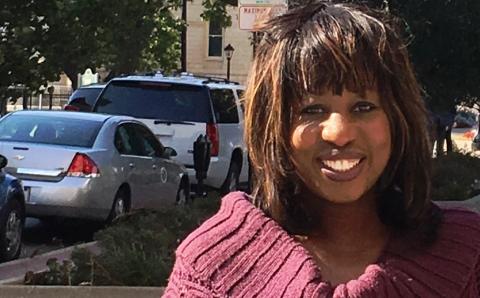Q Do I have the right to to say whatever I think in public?
A Freedom of speech is basic for human dignity and justice, but there are limits. We all agree that yelling “FIRE!” in a crowded theater is wrong. And most people would agree that no one can expect to be free from hearing or reading anything that they find offensive. Between those extremes, limits are usually based on the concept of harm.
When does an act of “free speech” by one person harm others? That debate continues to rage on university campuses, in U.S. politics, among anti-bullying groups, and within the church.
Inciting physical harm is an obvious limit.
But what someone says can hurt as much as a beating; often the pain is deeper and lasts longer. And in our texts and tweets, as well as our conversations, when we direct sharp retorts or run others down, we cause more damage than we may think.
Measuring that kind of harm is imprecise. Assessing responsibility for our actions and sorting truth from distortion of the truth with intent to harm others can be complex tasks.
The guideline for Christians is profoundly different than “do no harm.” The Bible asks us to “speak the truth in love.” In church discussions, truth is often given higher priority than love. Sometimes people claim that we can love others and still say harmful things, as long as we think they are true, without accepting responsibility for the impact of what we say. But that is not love.
Love for others—all others—requires speaking out and holding our tongues. It should guide how we say what we think is true. I wonder what limits based on the concept of love instead of harm might inform the current debates about freedom of speech.
About the Author
Kathy Vandergrift teaches public ethics to university students and advocates for the rights of children.









